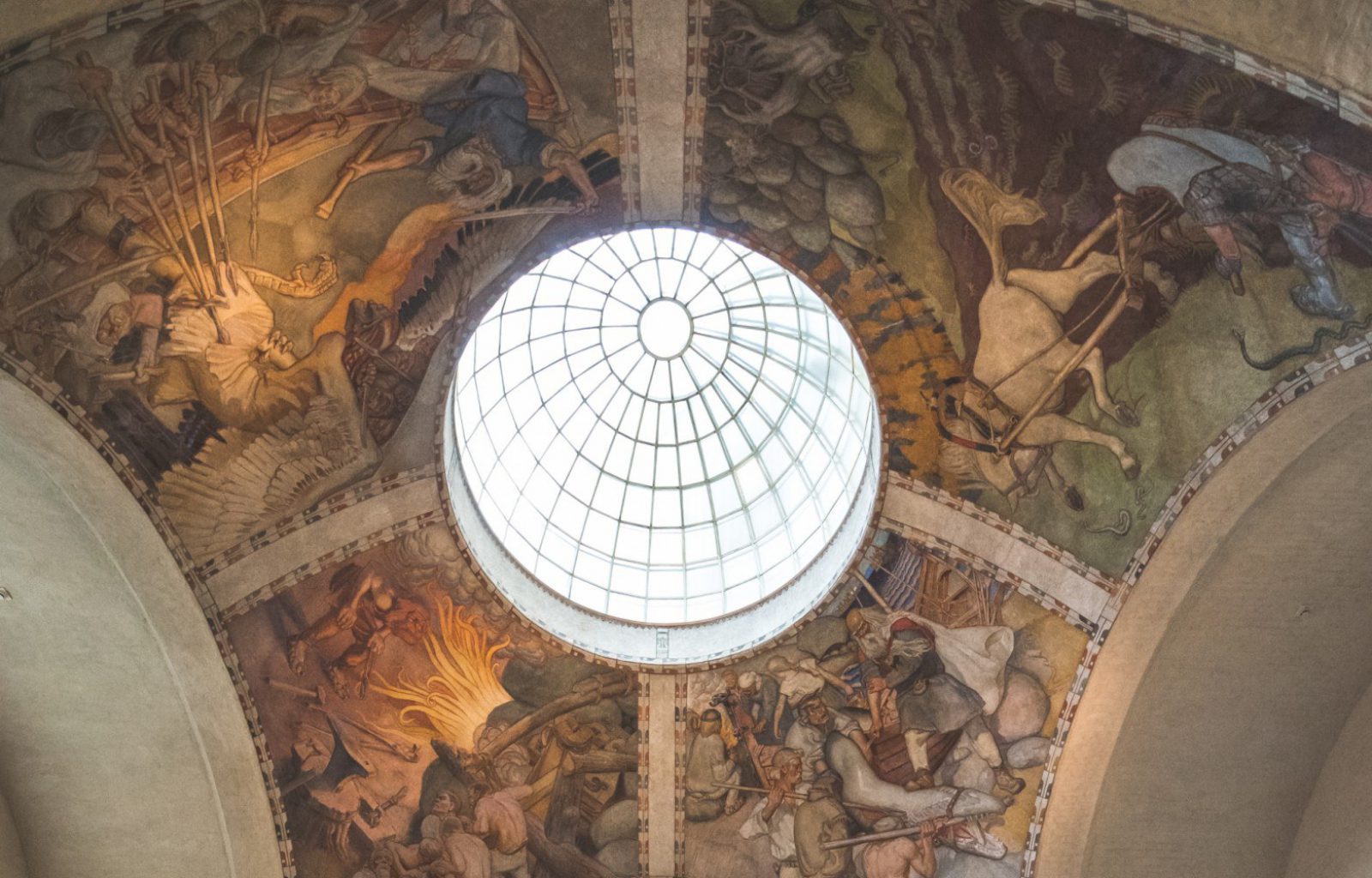
Finland applies the European Heritage Label to Kalevala
Following the Finnish Heritage Agency’s proposition, The Ministry of Education and Culture has selected Kalevala as Finland's next European Heritage Label applicant. The label applied by the Kalevala Society and the Finnish Literature Society together with several other organisations highlights the importance of Kalevala as a living, transnational heritage. Kalevala embodies the dialogue between idealogies and highlights themes such as freedom of speech and expression. The application will be sent to the European Commission in March 2023, with results expected in the early 2024. Finland's first European Heritage Label was awarded in April 2022 to Seminaarinmäki campus of the University of Jyväskylä and Equality of Education.
Kalevala is the national epic of Finland and part of world literature. The epic has been translated into more than 60 languages. Elias Lönnrot compiled Kalevala from a diverse Karelian and Finnish poetry singing tradition in the 1830s and 1840s. Kalevala is Lönnrot's imagination of Finnishness and a story about a shared past, but when viewed from different viewpoints, the work opens into myriad interpretations. All cultural heritage is controversial and disputed — so are European epics. Since its publication, Kalevala has been an inspiration for science, art and culture and has been used in Finnish nationalist rhetoric. In recent years, Kalevala has also been discussed from the perspective of cultural appropriation, or ownership, in relation to the definition and boundaries of Finnish and Karelian cultural heritage.
“The ambiguity and tension associated with the Kalevala embody the great symbolic value of the epic. It is a treasure and a stickler for us Finns, but at the same time it has influenced the European story traditions. Through Kalevala, freedom of speech and expression can be brought forward as a European value. Kalevala is utilized in many ways today, it is a real living intangible heritage,” says Leena Marsio, Senior Advisor, from the Finnish Heritage Agency.
There will also be a pedagogical project to promote awareness among European children and young people of Kalevala and its European significance. Niina Hämäläinen, Executive Director of Kalevala Society explains:
“In the Kalevala — Epic kaleidoscope project combining science and art, young people strengthen their skills for the future. They become familiar with the European epic tradition, the variety of poetry singing cultures and folk poems, and the use and interpretations of Kalevala at different times. Young people create new multimedia interpretations of Kalevala's characters. An overgenerational sense of community is supported in workshops and art exhibitions. The project will also produce digital information and learning material about Kalevala in different languages. Its sound world is produced in collaboration with the Sibelius Academy's folk music group.”
The application process for the Label is coordinated by the Kalevala Society. The core network consists of the Finnish Literature Society, the Kalevala Women's Association and the Association of Cultural Heritage Education in Finland. In addition, the partners are Gallen-Kallela Museum, Juminkeko Foundation, Karelia University of Applied Sciences, Karelian Youth Association, Karelian Cultural Society, Runosong Academy, Finnish Cultural and Scientific Institutes NGO, University of the Arts Helsinki / Folk Music, University of Turku’s degree programme in Digital Culture, Landscape and Cultural Heritage, as well as the Finnish Association of Native Language Teachers.
From 20 January to 30 March 2022, the Finnish Heritage Agency organised an open call to obtain the European Heritage Label. The agency received three applications within the deadline. Black Gold — The Northern Pine Tar Story and Industrial Heritage of Varkaus were also candidates in the pre-application round. The Finnish Heritage Agency together with the streering group of the European Heritage Label, consisting of representatives from central government, NGOs and cultural policy research, was responsible for the selection.
The European Commission has awarded labels since 2013 to a total of 60 sites in 20 different countries, including built heritage, documents, cultural environment and intangible cultural heritage. The label may be awarded to sites located in the EU that are central to European history, culture and integration. In addition, the sites must be developed through a pedagogical project.
The label is intended to increase the knowledge of European citizens about European history and the construction of the Union, as well as the common, diverse cultural heritage. Finland joined the label operated under the European Union in 2018. Its implementation is coordinated by the Finnish Heritage Agency.
Finland's first European Heritage Label was awarded in April 2022 to Seminaarinmäki campus of the University of Jyväskylä and Equality of Education.